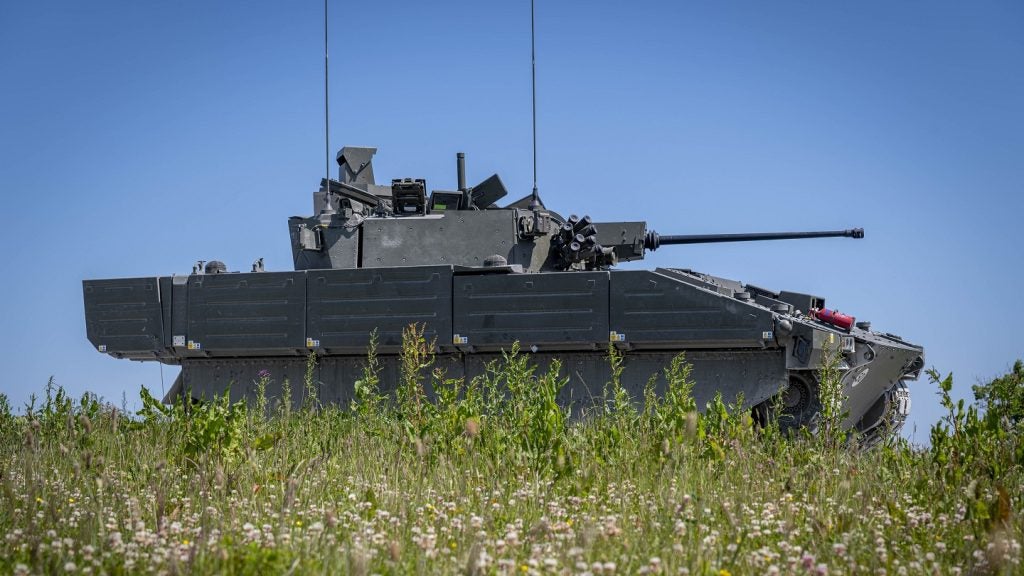
Jobs in the New Zealand defence sector have risen markedly following Defence Minister Andrew Little’s announcement of a national intelligence and security agency, or NISA, on August 4.
Described as a “priority task” by Little, the agency has been pledged alongside New Zealand’s first National Security Strategy. The idea was initially recommended in a report presented to Parliament in December 2020, inquiring into the Christchurch terrorist attacks of March 2019, in which 51 people were fatally shot.
Defence-related job hirings have followed an upward trend since the attacks, but rose by 148% from April to August 2023, according to GlobalData.
This dramatic increase represents the highest number of active defence sector jobs since the 2019 Christchurch attacks. It is also projected to rise even higher before the end of this month, as this figure only includes jobs data from August 1 to 11.
“Geostrategic challenges” and “foreign interference”
Unlike the US and UK, which have had detailed terror response strategies in place for a long time, New Zealand had never previously adopted a National Security Strategy.
The Christchurch attacks “hammered home, in the most horrific way, that geographic distance and small size no longer protected the country in ways they might have once,” according to experts at the University of Waikato.
How well do you really know your competitors?
Access the most comprehensive Company Profiles on the market, powered by GlobalData. Save hours of research. Gain competitive edge.

Thank you!
Your download email will arrive shortly
Not ready to buy yet? Download a free sample
We are confident about the unique quality of our Company Profiles. However, we want you to make the most beneficial decision for your business, so we offer a free sample that you can download by submitting the below form
By GlobalDataNew Zealand has a history of geopolitical neutrality compared to many nations. But, in his announcement of the new security strategy, Little emphasised that “New Zealand is facing more geostrategic challenges than we have had in decades – climate change, terrorism, cyberattacks, transnational crime, mis- and disinformation, and competition in our region which, up until recently, we thought was protected by its remoteness.”
In a similar sentiment, New Zealand’s spy agency, NZSIS, released a declassified threat assessment report on Friday (August 11) pointing to “persistent foreign interference”. It names China, Iran and Russia as the foreign states conducting espionage operations against New Zealand.
Auckland has tried to preserve somewhat friendly relations with Beijing. But China’s vying for influence in the South China Sea and Pacific have out this under strain– Recent incidents include the Chinese-Filipino ship altercation and secret security pact between China and the Solomon Islands, which drew a sharp rebuke from New Zealand.
China’s defence budget is projected to grow from $225.5bn to $318.5bn by 2027 at a CAGR of 7.2%, according to GlobalData’s 'China Defence Market 2022-27' report.
Accordingly, New Zealand is prioritising the capacity for its defence systems and technology to operate in multiple locations at once. This contrasts neighbouring Australia’s emphasis on enhancing indigenous capabilities and modernisation.
As per the National Security Strategy, the logistics of NISA’s formation are yet to be finalised, but the new intelligence agency is expected to function over and above NZSIS and the Government Communications Security Bureau, rather than replacing them.






